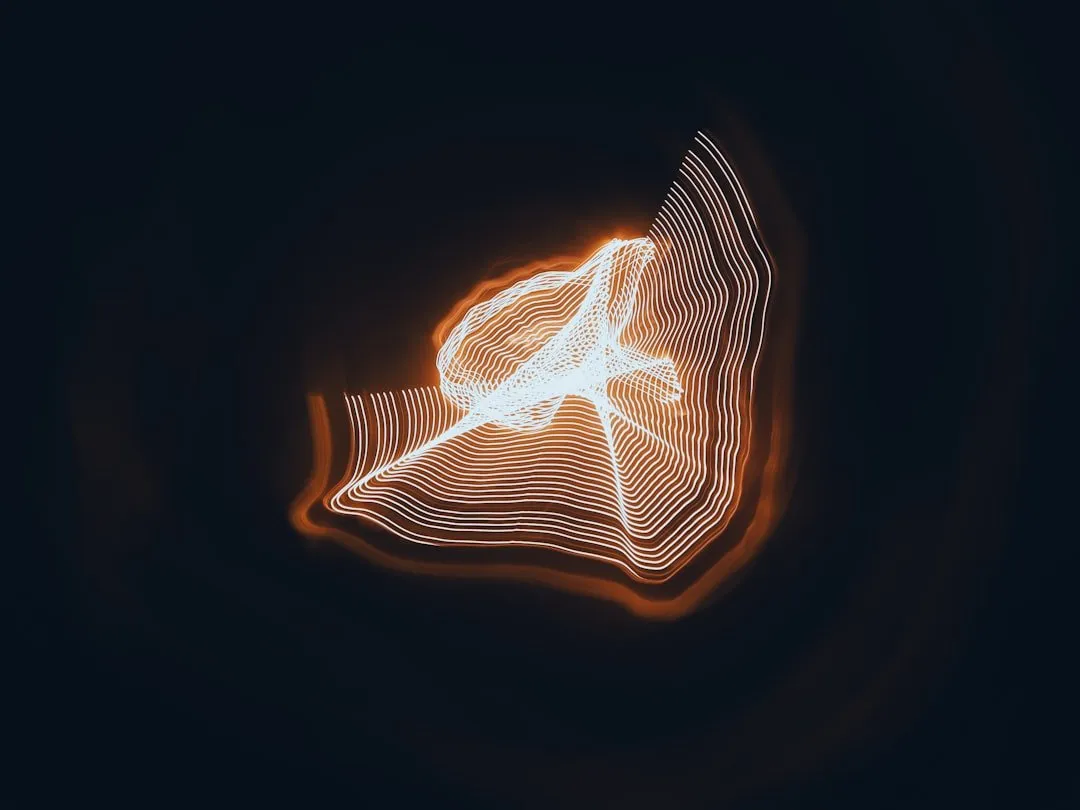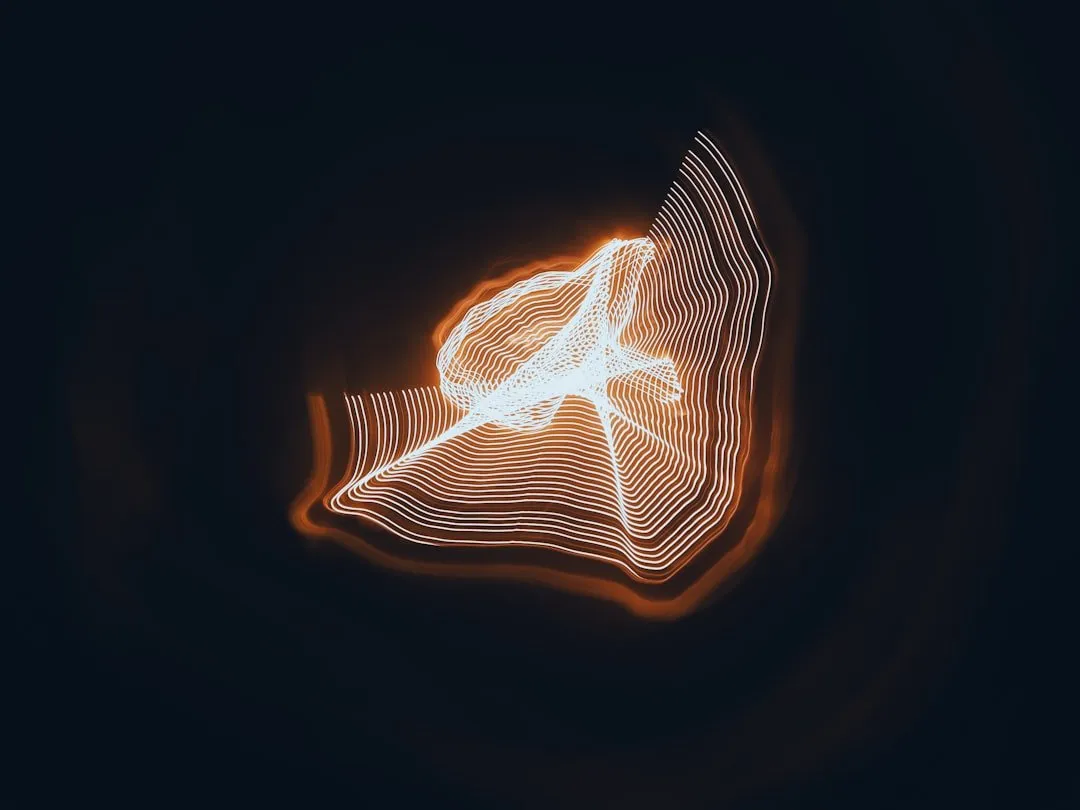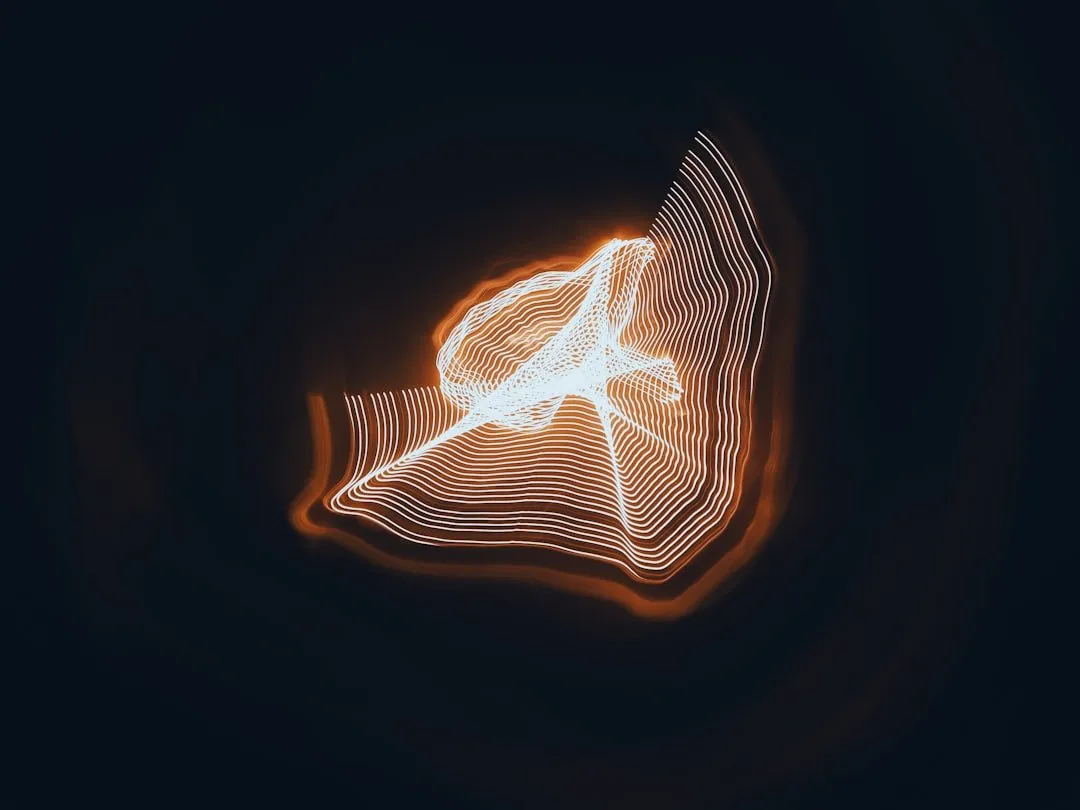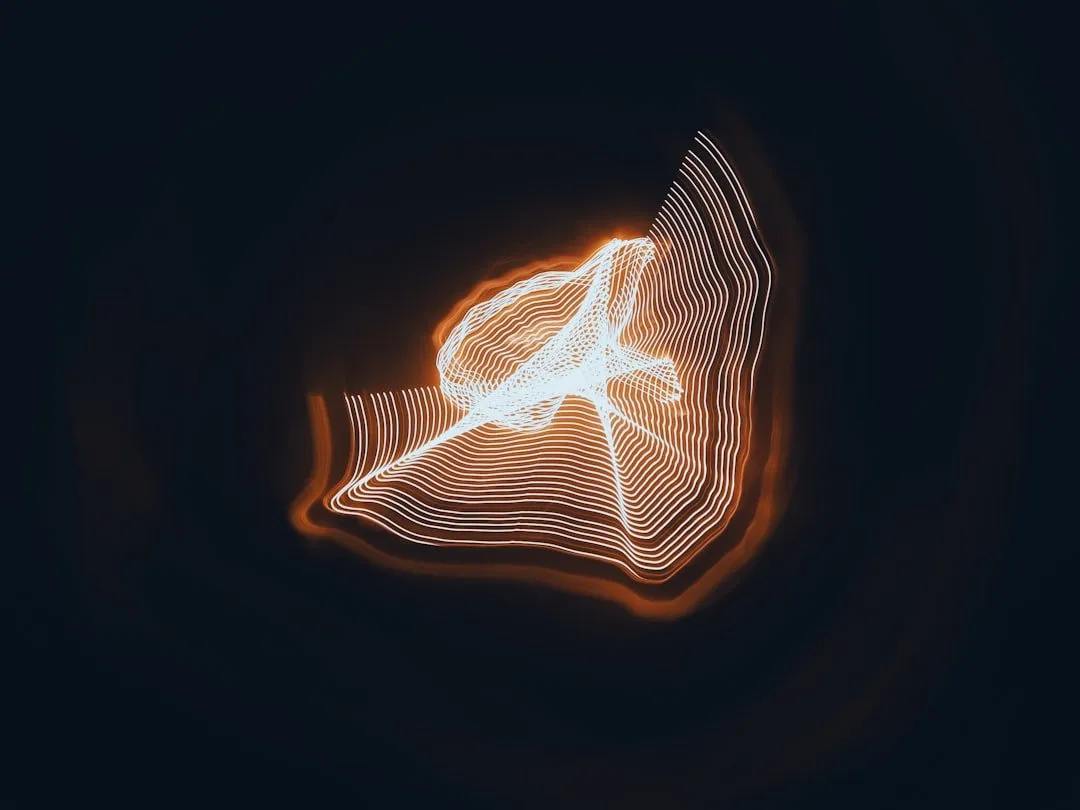Muscle soreness after exercise arises from various factors including microtears, lactic acid buildup, inflammation and delayed onset muscle soreness (DOMS). While kratom, derived from Mitragyna speciosa leaves, offers potential relief, it's crucial to understand its side effects, particularly the risk of causing insomnia due to stimulant properties. Balance is key; responsible kratom use alongside healthy lifestyle habits and professional guidance can harness its benefits while mitigating risks such as disrupted sleep cycles or insomnia.
Muscle soreness can be a debilitating condition, affecting athletes and everyday individuals alike. In this comprehensive guide, we explore natural remedies for relief, focusing on kratom as a potential option. Kratom has gained popularity for its analgesic properties, but it’s important to understand its effects, especially on sleep, as some users report insomnia. We’ll delve into the science behind muscle soreness and dissect the benefits and potential drawbacks of incorporating kratom into your wellness routine, including its side effects, with a specific focus on whether it can lead to insomnia.
- Understanding Muscle Soreness and Its Causes
- Exploring Kratom as a Potential Relief Option
- Does Kratom Cause Insomnia? A Comprehensive Look at Side Effects
Understanding Muscle Soreness and Its Causes

Muscle soreness is a common issue experienced by people after intense physical activity or exercise. It’s a natural response from your body indicating that muscles have been subjected to stress and require recovery time. This discomfort can range from mild irritation to severe pain, limiting mobility and overall well-being. Various factors contribute to muscle soreness, including microtears in muscle fibers, lactic acid buildup, inflammation, and delayed onset muscle soreness (DOMS), which typically peaks 24 to 72 hours after exercise.
While rest, proper hydration, and adequate nutrition play crucial roles in recovery, some individuals turn to alternative remedies like kratom for relief. Interestingly, discussions about kratom often touch on its potential sleep-enhancing properties, but it’s essential to note that it can also cause insomnia if consumed improperly or at the wrong time of day. Understanding the root causes of muscle soreness is a fundamental step in choosing the right approach for pain management and recovery.
Exploring Kratom as a Potential Relief Option

Kratom, derived from the leaves of the Mitragyna speciosa plant, has gained attention for its potential therapeutic benefits, including muscle soreness relief. Many users swear by its analgesic properties, claiming it provides a natural and effective solution to combat post-workout aches or chronic pain conditions. However, it’s essential to approach kratom as a complementary option, especially considering its effects on sleep. While kratom is known for its soothing and relaxing qualities, it can also lead to insomnia in some individuals due to its stimulant properties. As with any alternative remedy, understanding the potential side effects is crucial before incorporating kratom into your muscle soreness management routine.
Exploring kratom for pain relief offers a promising avenue for those seeking non-pharmaceutical interventions. Its unique chemical composition interacts with opioid receptors in the body, potentially reducing inflammation and providing comfort. Yet, it’s vital to be mindful of individual reactions and dosage, as excessive consumption may disrupt sleep patterns. Balancing kratom use with a healthy lifestyle and consulting healthcare professionals can help individuals harness its benefits while mitigating risks, especially regarding insomnia.
Does Kratom Cause Insomnia? A Comprehensive Look at Side Effects

Kratom, a natural herb derived from the mitragyna speciosa plant, is often sought after for its potential pain-relieving and calming effects. While it has shown promise in managing muscle soreness and promoting relaxation, there are concerns about its impact on sleep patterns, specifically whether it can cause insomnia. The relationship between kratom and insomnia is a complex one; some users report improved sleep quality, while others experience difficulty falling asleep or staying asleep.
This discrepancy can be attributed to several factors. Kratom’s effects on the central nervous system (CNS) vary depending on the strain and dosage. Some strains, known for their stimulating properties, might keep users awake, especially when consumed close to bedtime. Additionally, kratom’s ability to act as a mild opiate receptor agonist could disrupt natural sleep cycles if not used responsibly. Understanding these potential side effects is crucial for individuals considering kratom as a muscle soreness reliever, ensuring they use it mindfully and consult professionals for personalized advice.
Kratom has shown promise as a natural muscle soreness reliever, offering an alternative option for those seeking relief from post-exercise discomfort. However, it’s crucial to be aware that while it may provide comfort, it can also have side effects, notably disrupting sleep patterns and potentially causing insomnia. Balancing the benefits against these drawbacks, individuals should approach kratom use cautiously and consult a healthcare professional before incorporating it into their recovery routines, especially considering the potential impact on sleep, particularly when compared to other remedies for muscle soreness.














